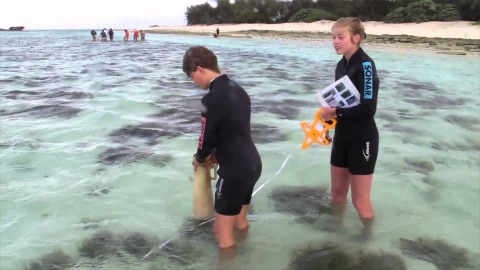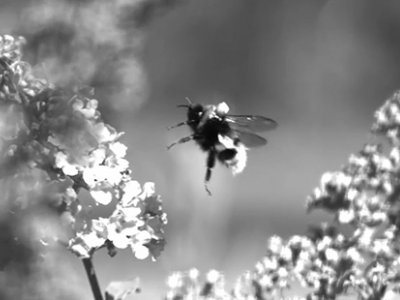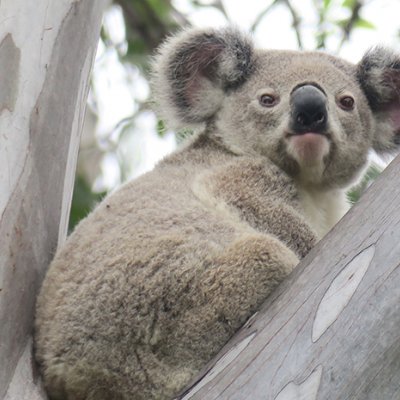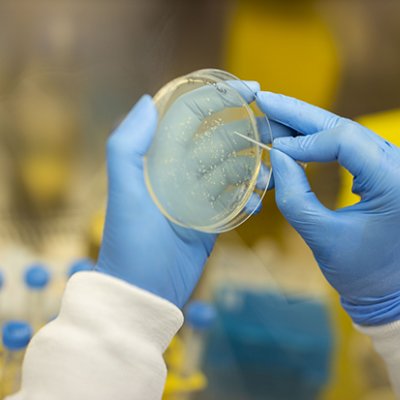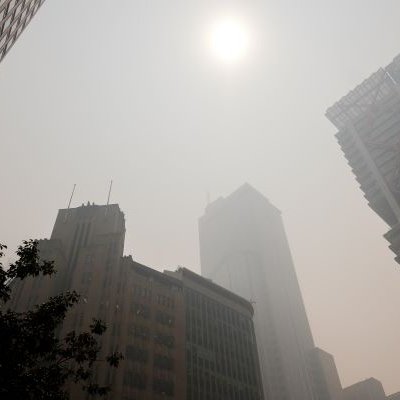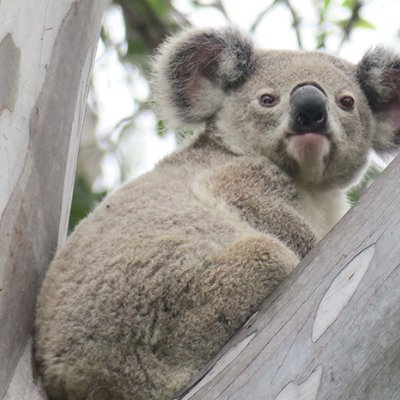Wildlife researchers at The University of Queensland have developed a new management approach which could protect the iconic koala from extinction.
20 April 2022A three-dimensional approach to marine conservation could help expand protected ocean areas by up to 30 per cent this decade, according to international researchers.
5 April 2022A koala, specially bred as part of a University of Queensland-led conservation project, could turn around the fate of endangered koala colonies along Australia’s east coast.
29 March 2022Flat batteries could be a thing of the past thanks to lithium-ion battery nanotechnology developed by The University of Queensland.
28 March 2022A piece of “junk DNA” could be the key to extinguishing fear-related memories for people struggling with post-traumatic stress disorder (PTSD) and phobia, according to a study from The University of Queensland.
23 March 2022Researchers at The University of Queensland have identified a molecule essential for regulating the repair of injured nerves, which could help people recover from nerve damage.
17 March 2022The University of Queensland has been selected as one of the first launch institutions in the world to partner with biotechnology company Moderna to research and develop vaccines to tackle the world’s greatest global public health threats.
10 March 2022Dr Sonia Shah is deciphering some of the most difficult scientific and medical dilemmas facing society, but it was returning to work after having a baby that almost unravelled her.
9 March 2022Australian bull ants have evolved a venom molecule perfectly tuned to target one of their predators – the echidna – that also could have implications for people with long-term pain, University of Queensland researchers say.
3 March 2022The Intergovernmental Panel on Climate Change (IPCC) has handed down the second instalment of its Sixth Assessment report, Climate Change 2022: Impacts, Adaption and Vulnerability.
1 March 2022A framework for identifying the most vulnerable marine species will boost global conservation and policy efforts against anthropogenic climate change.
16 February 2022Federal government has officially listed koalas as ‘endangered’ along Australia's east coast to protect shrinking populations. The University of Queensland has a range of experts available to offer expert comment on this development.
11 February 2022Overharvest has put the Great Barrier Reef’s tropical sea cucumber populations in peril, researchers have revealed, with strong demand for this delicacy from East and Southeast Asia.
11 February 2022Selenium – a mineral found in many foods – could reverse the cognitive impact of stroke and boost learning and memory in ageing brains, according to University of Queensland research.
8 February 2022For the first time, researchers have revealed how a person’s genes can play a part in their enjoyment of nature, potentially changing the way we look at our affinity with the natural world.
4 February 2022- ‹ newer articles
- 13 of 96
- older articles ›
